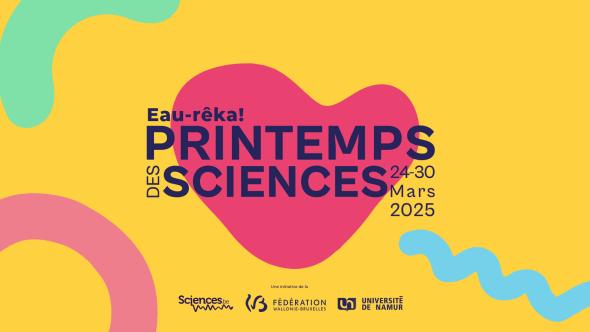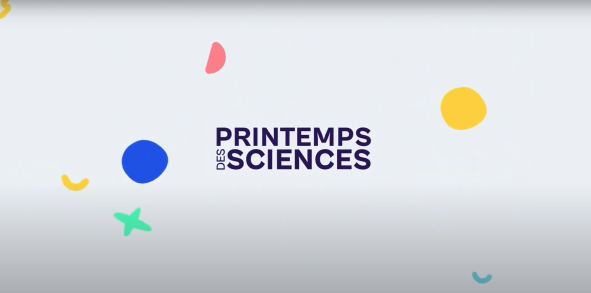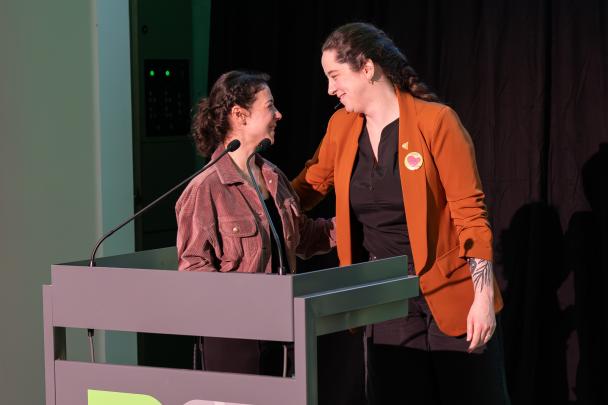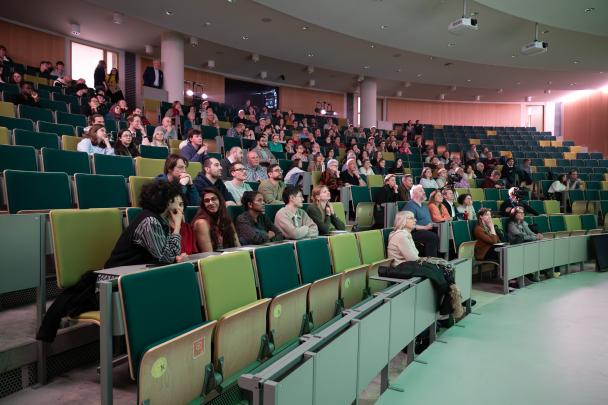If science and technology intrigue, they sometimes suffer from deep-seated stereotypes. Austere, disconnected, reserved for an elite? So many preconceived ideas that Printemps des Sciences is helping to deconstruct by opening the doors of laboratories and research institutes.
Jérôme Daquin, Professor in the Department of Mathematics: "An event like Printemps des Sciences helps to show that mathematics is concrete, that it can be applied in everyday life and, above all, that it can be done in a fun way. It's not something austere and disconnected from reality, quite the opposite."
Boris Hespeels, researcher in the Department of Biology: "Often we see the scientist in his ivory tower, hyper serious. And what makes us here is that we're having fun. And we're also having fun sharing it. We want to show that doing research, doing science, is a really cool thing to do."
The researchers we interviewed are unanimous: without underestimating the challenges encountered on a daily basis, the science streams promise potential for fulfillment for each and every one.
Régis Falque, Assistant and doctoral student in EMCP (Faculty Economics Management Communication Politics): "The scientific profession offers opportunities for discovery that are second to none. [...] It's a wonderful adventure. It's not easy, it takes time and investment, but it's a wonderful adventure."
Boris Hespeels, researcher in the Department of Biology: "[Science] is not something you do alone. [...] I think that's also the message, we need everyone, we need all profiles."
To young people who might still be hesitant about taking the plunge:"The advice is just, go for it, go for it. There's no risk in going into science. It's a buoyant field at the moment, we're heading that way." sums up Tamara Puttemans, a laboratory technician in the Biology Department.




